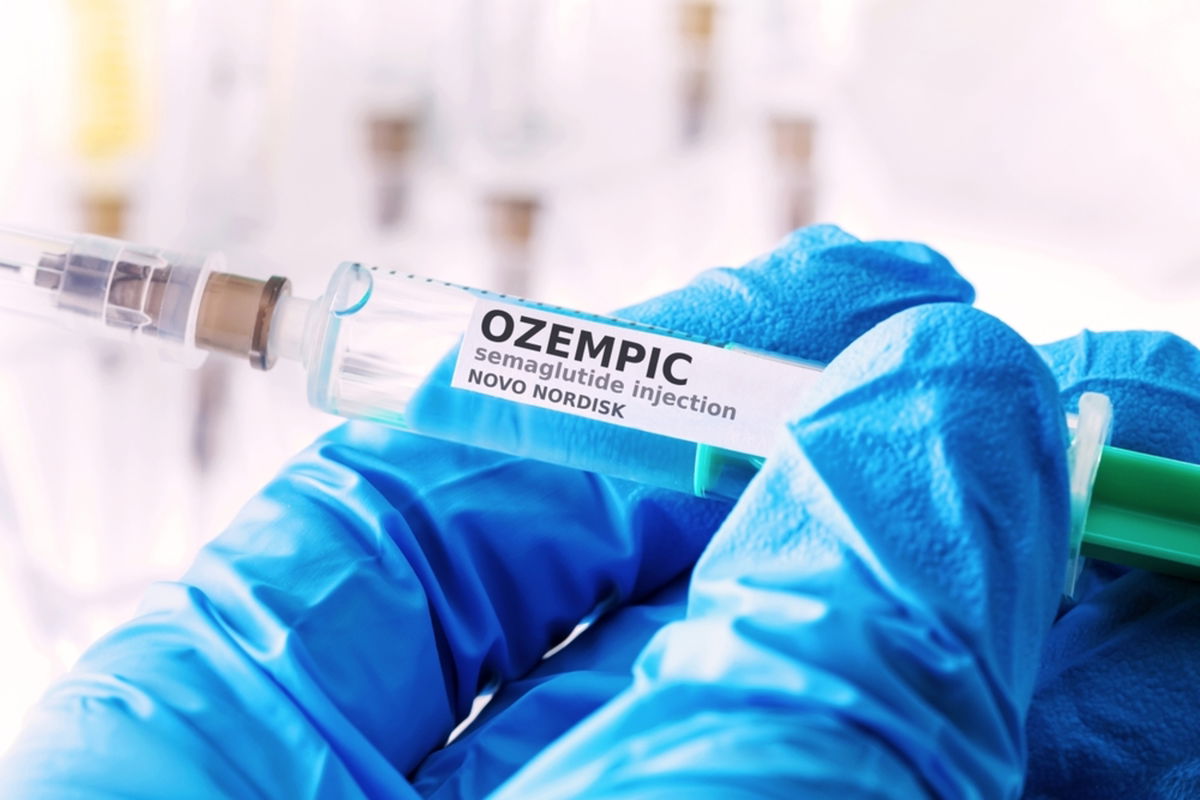Novo Nordisk’s Ozempic Jab. Credit: Tobias Arhelger, Shutterstock.
Novo Nordisk’s newly appointed chief executive Mike Douster described the battle for dominance in the global obesity drug market as a “marathon, not a sprint” as the Ozempic maker steered investors to the lower end of its 2025 sales and profit forecasts and highlighted the costs of a major restructuring.
In its results released on November 5, the Danish pharmaceutical group said it expected sales growth of 8-11% at constant exchange rates, compared with the previous range of 8-14%. Operating profit growth is expected to range from 4-10% to 4-7%.
The latest outlook includes an 8 billion Danish kroner (1.07 billion euro) charge related to a restructuring program with 9,000 job cuts, the Financial Times said.
Novo Nordisk also missed analysts’ expectations for third-quarter diluted earnings per share. Sales rose 15% at constant exchange rates to DKr 75 billion (EUR 10.05 billion), below the consensus of DK 77 billion (EUR 10.32 billion). Sales of diabetes drugs such as Ozempic and Libersus rose 7%.
Dusdahl, who took over in August 2025 following the resignation of the previous chief executive, said he was “incredibly relieved” about expanding access to weight loss drugs. He emphasized that the challenge is not to protect market share, but rather “market access and market expansion,” noting that of the 1 billion people living with obesity around the world, only 1 to 2 million are currently receiving treatment.
Novo has lost ground in the US to Eli Lilly, whose drugs Munjaro and Zepbound are quickly gaining traction. The group also faces competition from replica versions of GLP-1 drugs, and weaker-than-expected sales of Wigovy and Ozempic contributed to the revised outlook.
According to Business Insider, Novo’s share price has fallen by about 50% this year due to increased competition and the impact of U.S. drug tariffs, despite a nine-month sales increase of 12% in kroner terms (15% in CER terms) and a 4% increase in net profit. The publication also cited an estimated €1 billion restructuring effect.
Metsala Bid and Growth Strategy
Dusdahl said Novo’s bid for U.S. biotech Metsala was not a sign of weakness in its pipeline, but an effort to acquire “competitive complementary products.”
The company is also building direct-to-consumer partnerships with Walmart and Costco in the US, expanding its telemedicine services into new markets, and engaging expert physicians to promote Wegovy’s wide range of benefits, including the recently approved MASH (metabolic-associated steatohepatitis) indication.
GLP-1 medicines such as Wegovy are transforming obesity care across Europe.
For residents of Spain and other EU countries, Novo’s focus on access partnerships and support for professionals, combined with increased competition, may impact treatment availability, waiting times and out-of-pocket costs for treatment throughout 2026.
breaking news.








